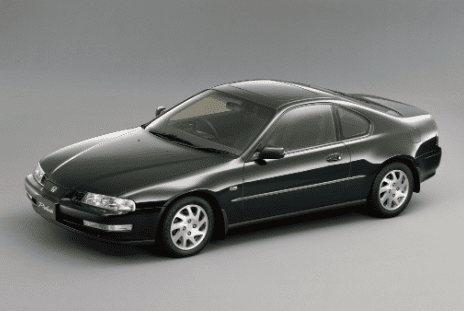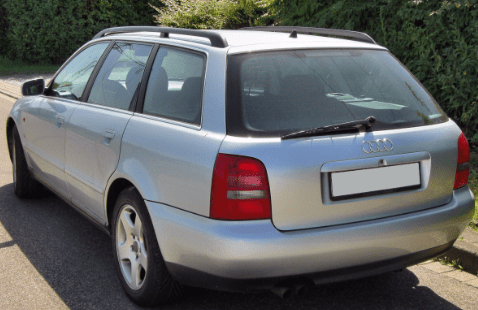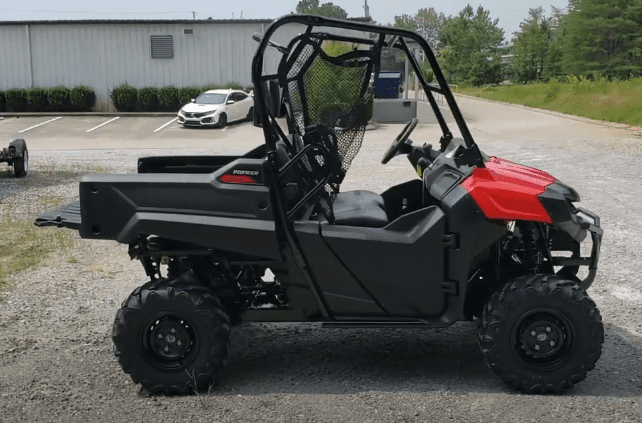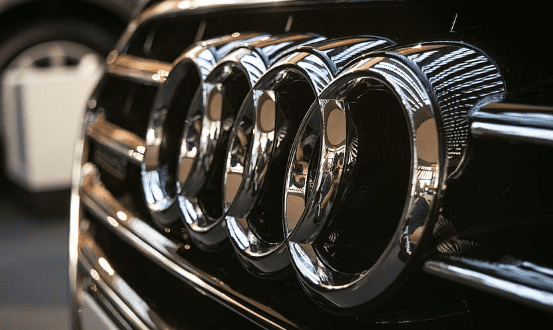{Best 7 Fixes} Honda Civic Transmission Problems & Cost!
Last Updated on October 18, 2023 by Robert Wilson
Honda has issued a recall for certain model years of the Civic, but many people are still driving around with cars that are at risk for transmission failure.
If you own a Honda Civic, it’s important to be aware of the potential transmission problems and to get your car serviced regularly.
Most common reliability problems associated with the Honda Civic along with potential fixes:
Honda Civic Common Issues & Fixes
| Reliability Problem | Description | Potential Fixes |
|---|---|---|
| Transmission Problems | Some Honda Civics have been reported to have transmission problems, including failures and shifting issues. | Transmission fluid change, software updates, or transmission replacement. |
| Engine Problems | Engine issues such as cracked engine blocks and overheating have been reported in certain model years. | Repairing or replacing the engine, addressing coolant system issues. |
| Premature Brake Wear | Premature brake wear and problems with the braking system have been a concern for some Civic owners. | Regular brake maintenance, using quality brake pads, and addressing caliper issues. |
| Electrical Problems | Electrical problems, including issues with the power windows and electrical system, have been reported. | Check and repair wiring, fuses, and electrical components as needed. |
| Paint and Clearcoat Issues | Certain Civic models have experienced clearcoat and paint problems, leading to peeling and discoloration. | Repainting or reapplying clearcoat, maintaining proper care of the paint. |
| Suspension and Steering Problems | Suspension and steering issues, such as premature wear and rattling, have been reported in some Civics. | Replacing worn components, checking alignment, and suspension maintenance. |
| Air Conditioning Problems | Some owners have reported problems with the air conditioning system, including insufficient cooling. | Air conditioning system inspection, recharging, and repairing leaks. |
| Exhaust System Corrosion | Certain Civics have been prone to exhaust system corrosion and rust, which can affect performance. | Replacing rusted parts, applying anti-corrosion treatments, and regular cleaning. |
| Interior Quality and Trim Issues | Reports of interior trim pieces coming loose or showing signs of wear have been noted by some owners. | Gluing or securing loose trim pieces, upgrading interior materials if desired. |
Please keep in mind that the specific fixes may vary depending on the exact nature and severity of the problem and should be performed by a qualified automotive professional.
Also Read: 9Th Gen Civic Si Transmission Problems
When buying a used Honda Civic, there are several potential issues and considerations to keep in mind to ensure you’re making a smart purchase.
Here are some common problems to look out for when buying a used Honda Civic:
Honda Civic Worst Issues
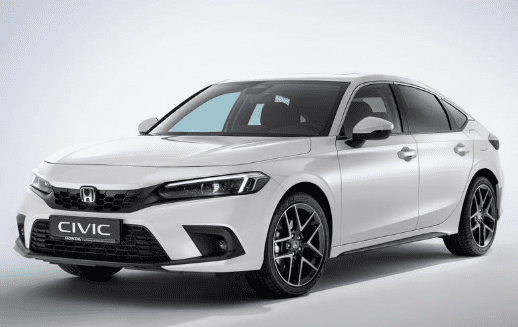
| Issue | Civic Model | Number of Complaints |
|---|---|---|
| Transmission failure in the 2001 Civic | 2001 Civic | 681 |
| Transmission failure in the 2002 Civic | 2002 Civic | 278 |
| Cracked engine block in the 2006 Civic | 2006 Civic | 175 |
| Excessive/uneven tire wear in the 2007 Civic | 2007 Civic | 169 |
| Clearcoat and paint problems in the 2006 Civic | 2006 Civic | 153 |
This table summarizes the worst issues in different Honda Civic models along with the number of complaints for each issue.
Also Read: {Top 9 Issues} Honda Accord Problems & Fixes
Honda Civic Pros and Cons
Pros:
- Reliability: Honda Civics are known for their long-term reliability and durability. They often have a good track record of performing well for many years.
- Fuel Efficiency: The Civic has a reputation for offering excellent fuel efficiency, making it cost-effective to operate.
- Resale Value: Honda Civics tend to retain their value well, making them a solid choice for resale or trade-in.
- Comfortable Interior: The Civic typically offers a comfortable and well-designed interior with ample legroom and quality materials.
- Strong Safety Features: Many Civic models come equipped with advanced safety features, such as collision avoidance systems, making them safer to drive.
- Variety of Models: Honda offers various body styles, including sedans, coupes, hatchbacks, and performance-oriented models, allowing buyers to choose based on their preferences.
Cons:
- Road Noise: Some Honda Civic models have been criticized for road noise, which can make for a less quiet and peaceful ride.
- Ride Quality: The ride quality of the Civic can be somewhat firm, which may not be as comfortable on rough roads compared to some competitors.
- Infotainment System: The infotainment system in older Civic models has been criticized for its user interface and responsiveness.
- Limited Engine Options: While the Civic offers several engine options, some buyers may find the choices more limited compared to other vehicles in its class.
- Rear Visibility: The Civic’s design, especially the rear styling, can sometimes compromise rear visibility, making parking and maneuvering a bit more challenging.
- Cost of Maintenance: Repairs and maintenance on some Civic models can be more expensive compared to economy cars from other manufacturers.
Also Read: Honda Prelude Automatic Transmission Problems
It’s important to note that the pros and cons may vary depending on the specific model year and trim level of the Honda Civic.
It’s advisable to test drive and research the particular Civic model you’re interested in to see how it aligns with your preferences and needs.
Honda Civic Used Value (Estimated)
- Newer Models (2019-2021): These models may retain a significant portion of their original value, with prices ranging from around $15,000 to $30,000, depending on the trim level, mileage, and condition.
- Mid-Range Models (2015-2018): Used Honda Civics from this period can be more affordable, typically priced between $10,000 and $20,000, depending on various factors.
- Older Models (2014 and earlier): Civics from this era can be quite budget-friendly, with prices typically starting from around $5,000 to $12,000, again dependent on mileage and condition.
Also Read: Honda Pioneer 700 Issues & Fixes
Please note that these are rough estimates, and prices can vary widely based on location and specific vehicle details.
Additionally, the demand for certain Civic models, such as hybrid or performance-oriented variants, may impact their pricing.
When purchasing a used Honda Civic, it’s crucial to have the vehicle inspected by a qualified mechanic and to check its history through a service like Carfax to ensure you’re making a wise investment.
What Years Did Honda Have Transmission Problems?
Between 2002 and 2006, Honda had a number of transmission problems that affected a variety of models.
The most common issue was with the automatic transmissions, which could fail prematurely. In some cases, the transmission would slip or jerk when shifting gears.
In other cases, the transmission would not engage at all. These issues were mostly reported in Honda Accords and Civics from this era, but other models were also affected.
Honda issued a recall for certain Accord and Civic models in 2004 to address these issues.
However, many owners reported continued problems even after getting the recall work done.
In 2006, Honda extended the warranty on the transmissions for these models to 8 years or 100,000 miles (whichever came first). This should cover most of the remaining problem cars out there.
If you own a Honda from this era with transmission problems, your best bet is to take it to a dealer or repair shop and have them check it out.
If it’s still under warranty, you should be able to get it fixed for free (or at least very cheaply).
If not, you may be facing a hefty repair bill – but hopefully by now most of these cars have been repaired and are no longer having any trouble.
Conclusion
Honda Civic owners have reported transmission problems with their vehicles.
The most common issue is that the transmission slips or hesitates when shifting gears.
This can happen when the car is cold or when it is under load, such as when accelerating or climbing a hill.
Other symptoms include the car jerking or lurching when shifting gears, or the engine revving up but the car not moving.
If you are having transmission problems with your Honda Civic, follow the solutions mentioned in this guide or take it to a mechanic to have it checked out.

